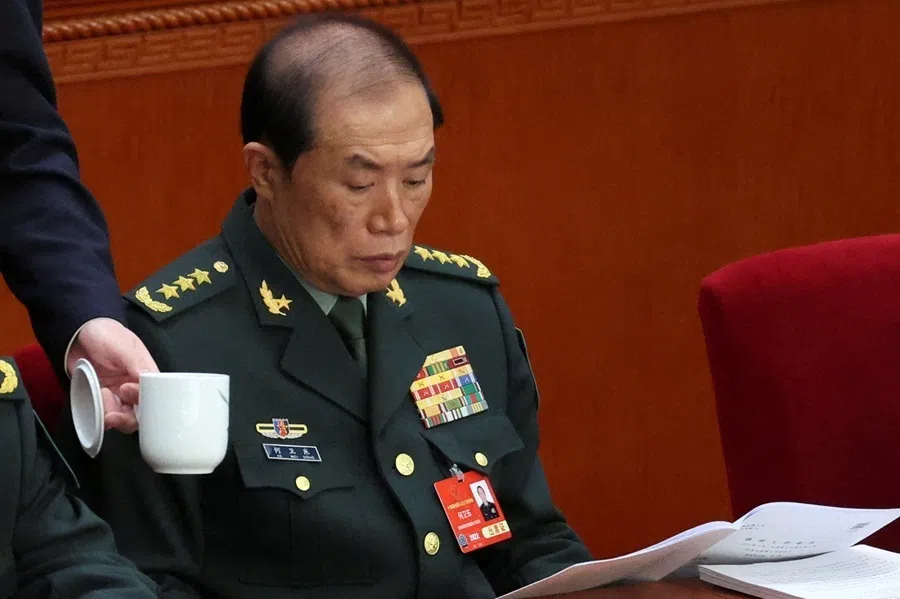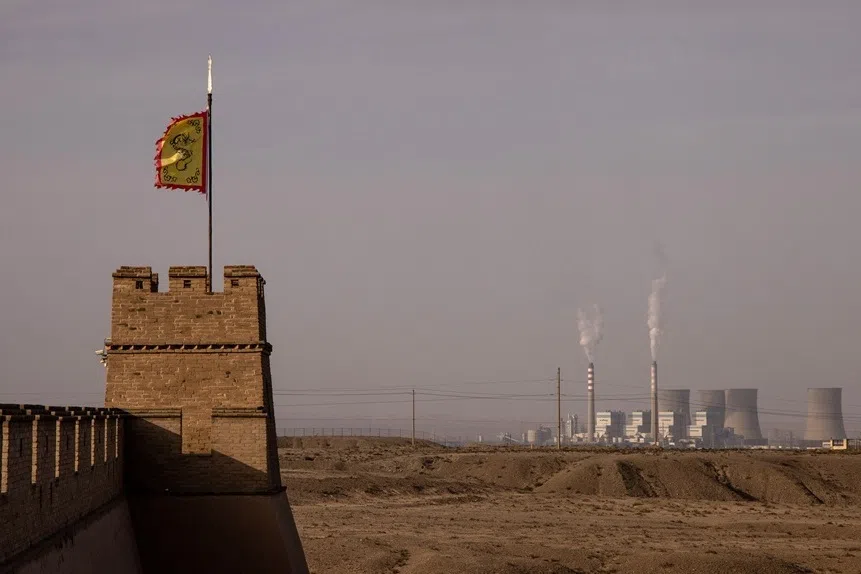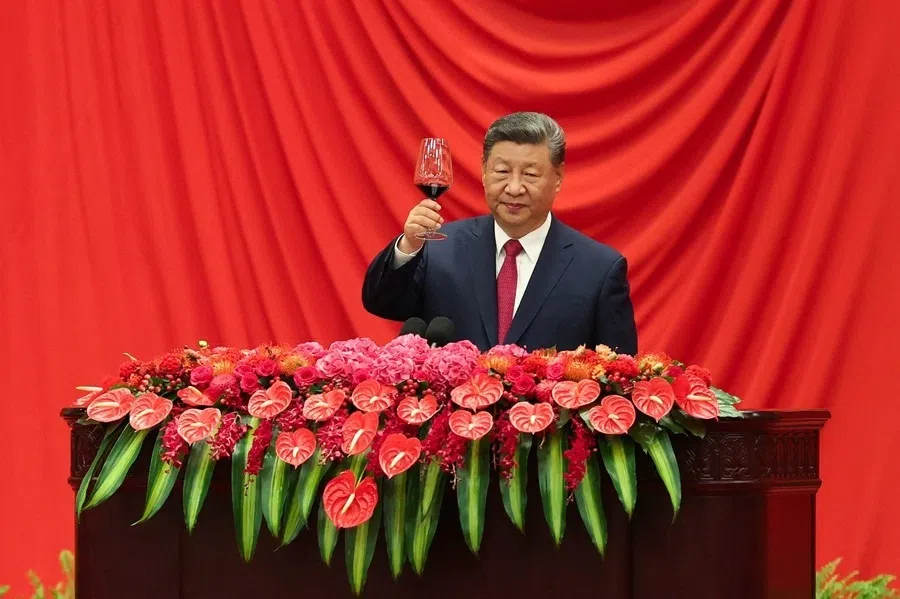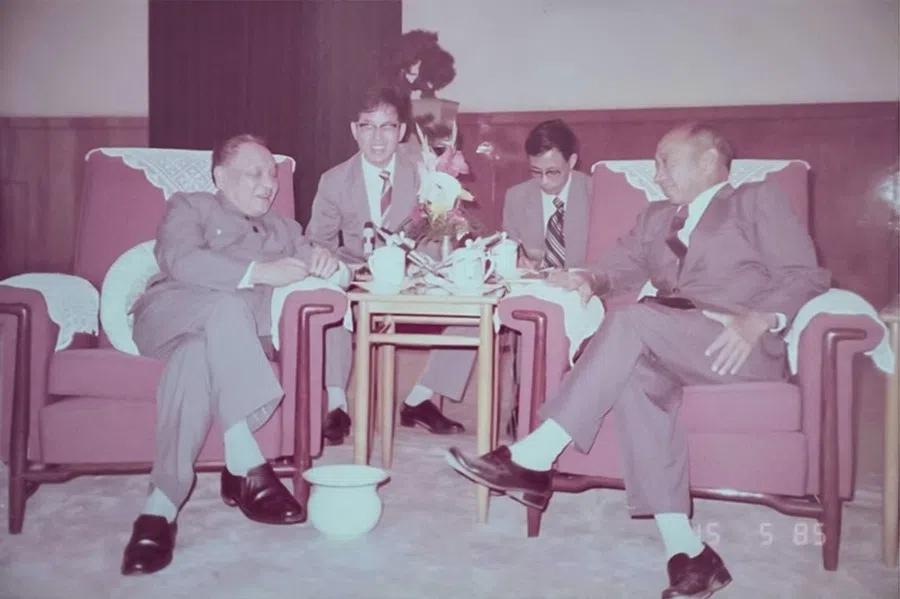Why do Chinese people sympathise with Russia?
While most of the world have condemned Russia's invasion of Ukraine and see it as unjust and even foolish, the Chinese people have shown their support for Russian President Vladimir Putin. Chinese academic Andrew Huang notes that this is most likely driven by their perception that the US and the West are arrogant and have always made things difficult for China in various settings. This has led to the Chinese being willing to cheer for anyone that can stand up to the US.
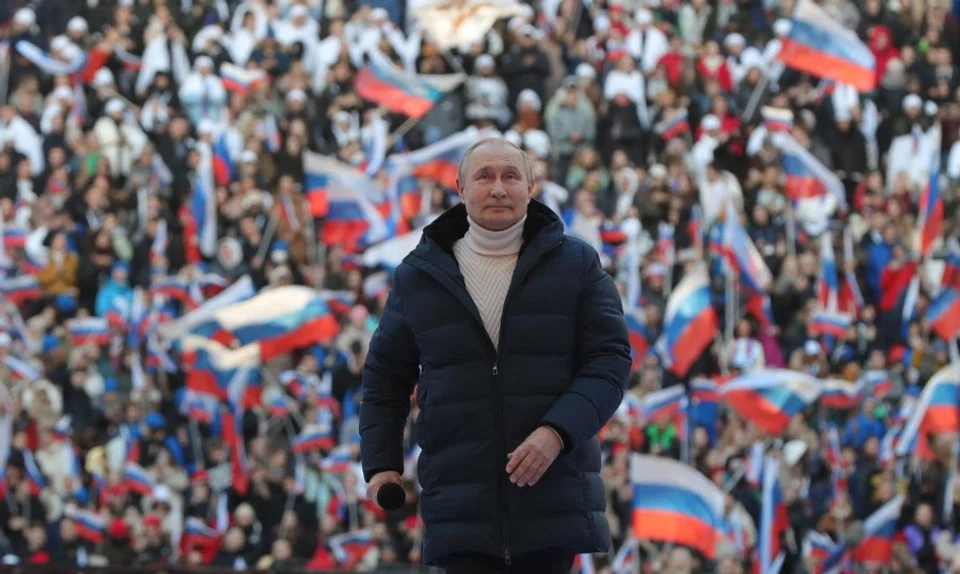
Even under pressure from the West, the Chinese government has refused to call Russia an invader. It denies that it had prior knowledge of Russia's military operation or that it is providing covert assistance to Russia. It has also reiterated that instead of taking sides, China is for peace.
Western critics overlook the fact that there is a lot of pressure from the Chinese public to provide more support to Russia. Online platforms with hundreds of millions of users are full of praises for Russian President Vladimir Putin's valour, cheers for the Russian army's advance, and conspiracy theories about US-funded bioweapons research in Ukraine. Like their Western counterparts, China's diplomatic narrative also has to respond to the domestic voices.
Russia a mirror of China's security anxieties
The Chinese public's support for Russia is not based on a special preference for the country itself. The differences between China and Russia in terms of ideology, constitutional system or the people's political mindset are no less pronounced than that between China and the US. Furthermore, while Putin's charisma definitely resonates with the Chinese people, this does not mean that they can appreciate Russia's political system or way of life.
... the staunch supporters of Russia in China are mostly pensioners and the grassroots who are unhappy with society; their numbers are limited and their economic status is weak.
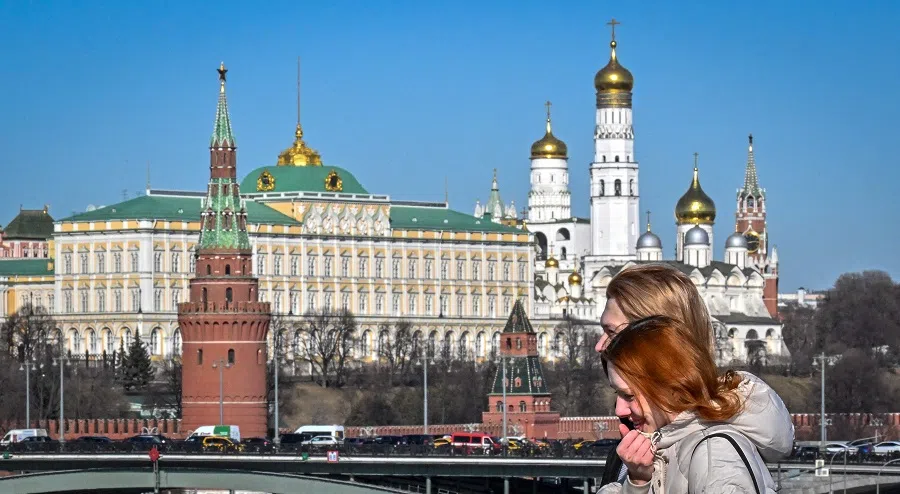
On the contrary, the US has far more cultural influence than Russia does in China. Amid China's ongoing military and institutional reforms, it is acceptable to "carefully cross the river" (摸着石头过河, find one's way forward) by looking at the US. From fast food to education, and technology to financial products, US influence is in every aspect of daily life. In comparison, the staunch supporters of Russia in China are mostly pensioners and the grassroots who are unhappy with society; their numbers are limited and their economic status is weak.
Overall, Chinese society is far more interested in the US than in Russia. University-educated Chinese can easily discern that the US political system is based on a separation of powers (among the administrative, legislative and judicial branches of government), but almost no one is interested in understanding the power relations between the Duma (legislative body in the ruling assembly of Russia) and the Russian president.
The Chinese people have a sense of solidarity with Russia as they empathise with Russia's plight - they can understand the sense of insecurity and injustice that the people of a big nation that is targeted, encircled and stigmatised by the West feel. Since 1949, China has been encircled and viewed with hostility by the West. Following China's reform and opening up, there was a short honeymoon period in relations between China and the West, whereby the West built up hopes of pushing China's political transformation with the opening up of the market - even its agreement for China to join the World Trade Organization was based on this consideration.

But at the moment, most Chinese people think that the West wants a China that is perpetually "second-rate" and subjugated to Western civilisation. They view Russia's failed political transformation and loss of world power status as lessons to be learned.
... they would cheer on any country or politician who stands up to the "arrogant" US.
Even though US President Joe Biden has reiterated that the US is not trying to contain China or change its system, for the Chinese people who lived through the 1990s - when the US interfered in the Taiwan Strait crisis; when the US bombed the Chinese embassy in the former federal republic of Yugoslavia; and during the Hainan Island incident where an international dispute occurred after a US navy aircraft collided with a People's Liberation Army fighter jet - diplomatic concessions only bring further humiliation.
Even if the Chinese are not by nature opposed to the Western system, they would not rejoice at Western victories; instead, they would cheer on any country or politician who stands up to the "arrogant" US.
Nationalism fuelled by the West's bullying
The political self-confidence that the West has accumulated after the dissolution of the Soviet Union has led to a stigmatisation of countries with non-Western systems. If the Chinese think that the West is no longer qualified to speak to China "from a position of strength", then the West clearly thinks that China is not qualified to discuss political civilisation with the West on an equal footing.

When the Chinese ambassador to the US Qin Gang was interviewed by the US media, he answered questions from an American journalist in English and demonstrated a superior command of the language. But it was clear that the journalist was impatient with Qin. She took advantage of the fact that she was speaking her native language to deny the ambassador his right to speak, interrupting him dozens of times during the interview. While the Chinese diplomat was unable to present himself perfectly, if the intention of the discussion was to "teach China a lesson", the Chinese people would believe that a "wolf-like" retort was not only appropriate but necessary.
To make matters worse, social media has extended biases in the political arena to the individual battlefield, which is used in an extremely crude manner to deny fair treatment to ordinary Chinese people. For a long time, if the Chinese wanted to become friends with the West (as well as with Hong Kong and Taiwan), they had to accept certain extreme views targeted at China and distance themselves from the Chinese government.
Growing voices of China
Over a decade ago when I was still practising law in Beijing, the US Department of State funded a project in which American lawyers would provide assistance to senior Chinese judges and professors to amend and improve Chinese law. Indeed, because they footed the bill, they derived a false sense of acoomplishment from it. It is precisely this sense of being a saviour swooping in to save the day that puts Chinese people on guard and deepens their feelings of displeasure towards the US.
As ordinary Chinese people's views on policy debates grow louder, the earlier mentioned Western-style arrogance is met with crude and in-your-face retorts. Unlike the elites, the average Chinese person does not reap direct benefits from Western vanity. Instead, he may suffer unfair ostracisation and attacks because of his status, and these consequences could range from cyberbullying to being made fun of in the lecture halls of Western universities, or even verbal abuse and violent attacks on the streets.
... China sympathises more with an isolated and outcast Russia. Western society is blatantly ostracising and shunning Russians who refuse to condemn Putin, without giving the latter a chance to explain themselves.
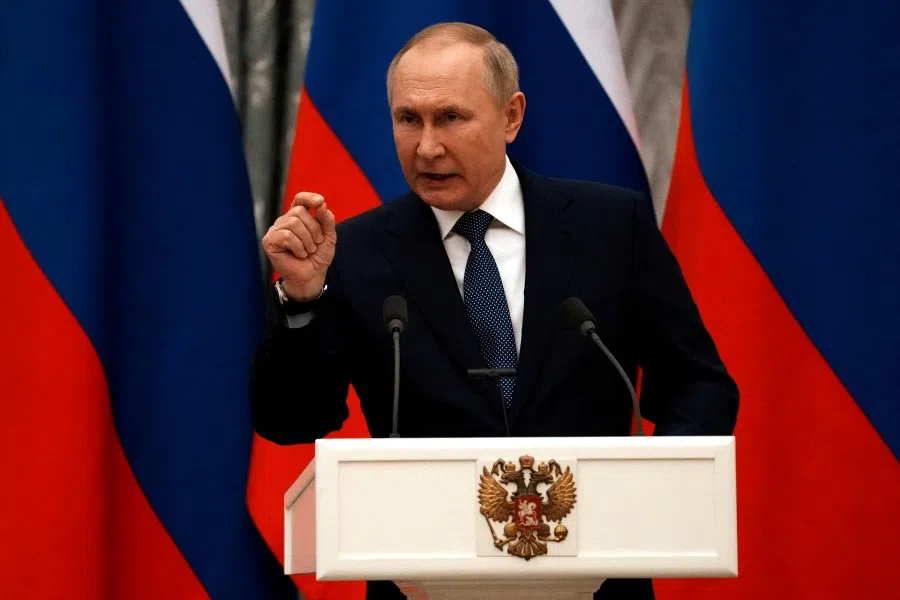
In fact, most Chinese are not very interested in politics. But if they are seen as "political outcasts" unworthy of participating in discussions on an equal footing with the "free citizens" of the West, one can expect violent resistance.
Thus, China sympathises more with an isolated and outcast Russia. Western society is blatantly ostracising and shunning Russians who refuse to condemn Putin, without giving the latter a chance to explain themselves. Because the Chinese people understand this sense of being wronged, they sympathise more with the plight of the Russians.
Putin's invasion of Ukraine is unjust and foolish, and would most likely result in a major defeat. But most Chinese people would be disappointed rather than happy. While virtually no Chinese person yearns for a Russian lifestyle, it is the Russians who have been able to share the burden of being ostracised by the West. At the same time, China's national strength has some people believing that after a century of forbearance, they have finally gotten a strong government, and this government needs to be a nationalist one at that.
As the Chinese people's antagonism towards the West shows no sign of abating, I believe that China's decision to stand on the side of peace is a politically courageous move. This implies that the Chinese government has to withstand both Western and domestic pressure, and can also bear the shame of yielding to the West. If the Chinese government is forced to abandon this position, it would rather break ties with the West than give in to it. And if the Chinese government is able to persuade the people to stand on the side of peace, that would already be a commendable effort.
Related: Russia-China alliance: 'No limits' does not mean 'no bottom line' | Will the Ukraine crisis help to improve US-China relations? | When a country needs to choose between realism and idealism | Must China choose sides in the Russia-Ukraine war? | Are Putin and Xi Jinping forging a new chapter in international relations?

